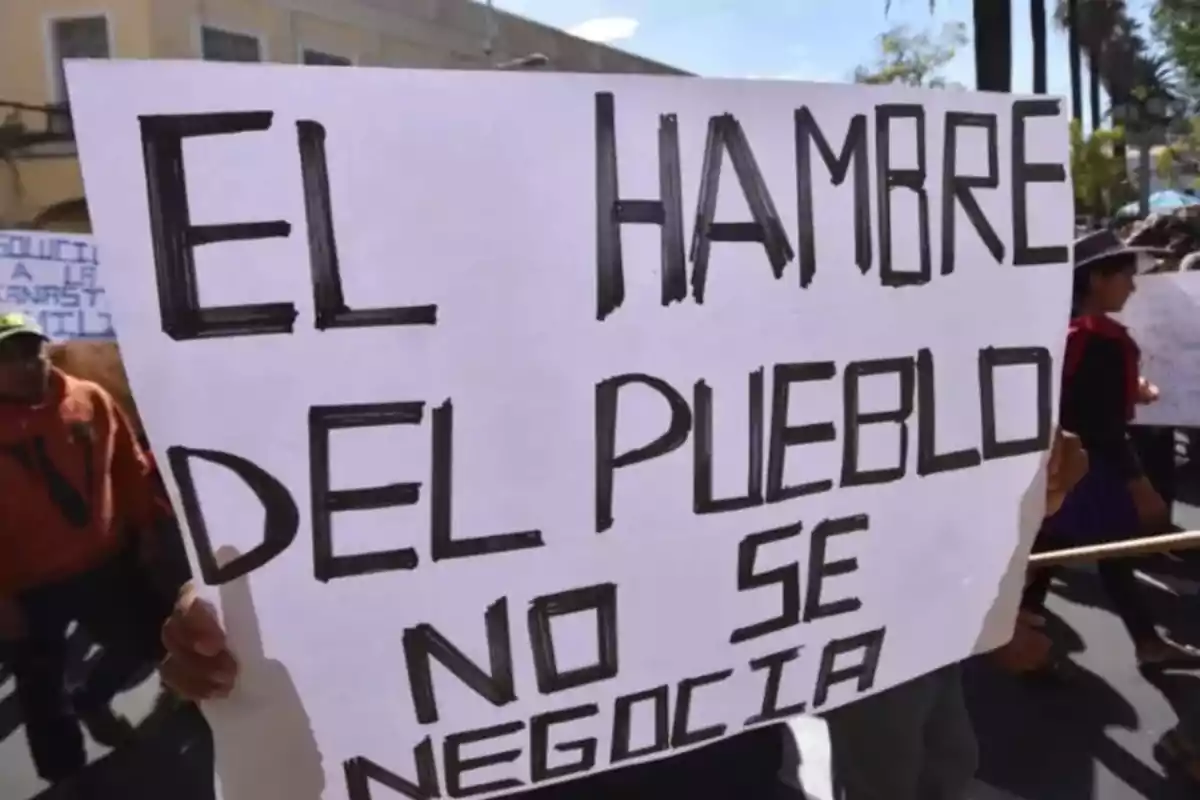
Misery: Masismo denied that its socialist policies generate poverty and hunger
Despite the UN report, the MAS regime denies that its policies have led the population into misery
Despite UN warnings about food insecurity, Luis Arce's government refuses to admit any responsibility. The international report warns of a sharp deterioration in the food situation in Bolivia between June and October 2025.
Persistent inflation and the decline in international reserves are mentioned as the main causes. In addition, purchasing power is expected to continue eroding in the coming months. However, the ruling party describes these projections as false.
The Minister of Planning, Sergio Cusicanqui, was in charge of rejecting the report. He stated that the aim is to create unrest with incorrect information about an alleged "famine". He emphasized that Bolivia doesn't appear among the countries at critical risk according to the UN.
He also accused international organizations of ignoring key local data. Among them, he mentioned family farming and state food programs.
Masista denialism
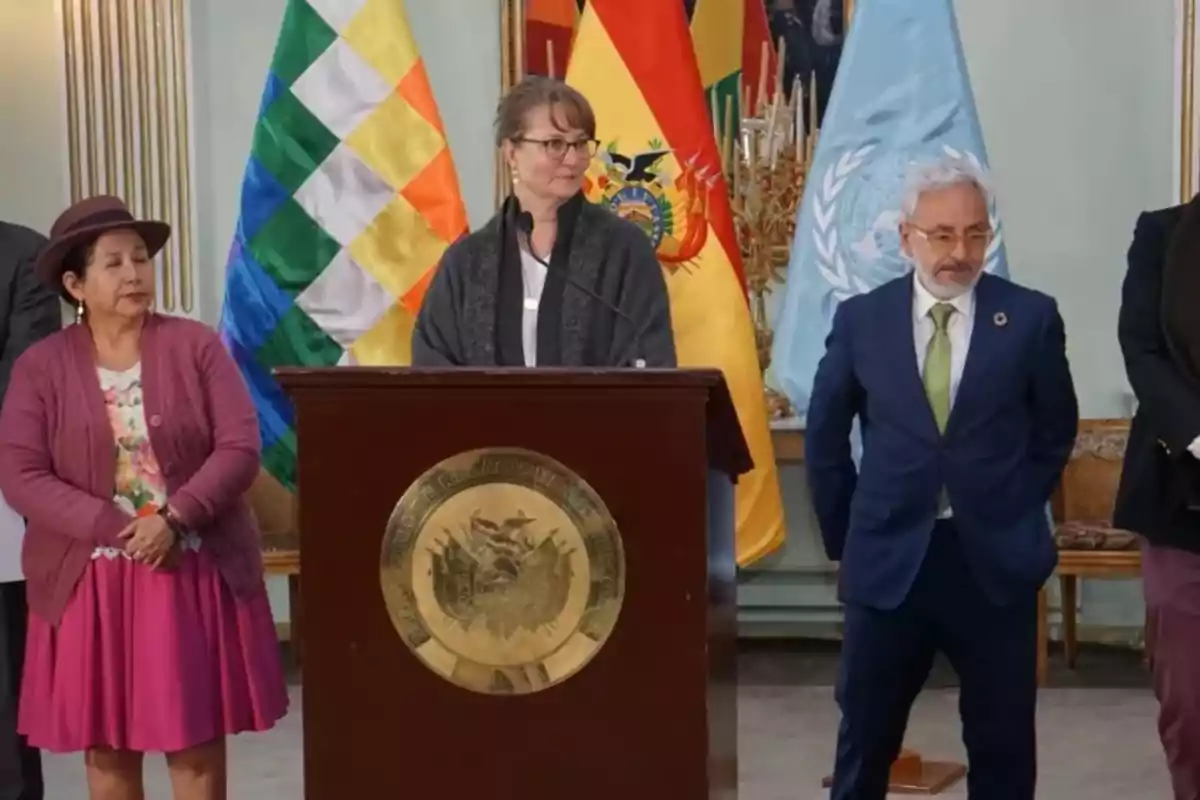
The government's denial contrasts with the data presented by FAO and WFP. Both organizations indicated that 19% of the Bolivian population was in acute food insecurity in 2024.
That is equivalent to 2.2 million people with limited access to food. The situation could worsen due to fuel shortages. This directly affects agricultural production in several regions of the country.
The report also highlights that the 2024 corn harvest was below average. The shortage of this staple food could worsen due to logistical problems. Bolivia has seen its import capacity decrease due to the decline in reserves.
Sustained inflation also reduces access to essential products. These factors create a worrying scenario for millions of citizens.
Despite clarifications from the United Nations System in Bolivia, the controversy continues. The UN indicated that Bolivia was not classified among the countries in a famine situation. However, it confirmed that there is a growing risk of food insecurity.
It also clarified that the term "famine" is applied under specific technical criteria. Among them are extreme levels of hunger and mortality.
Disconnected from reality
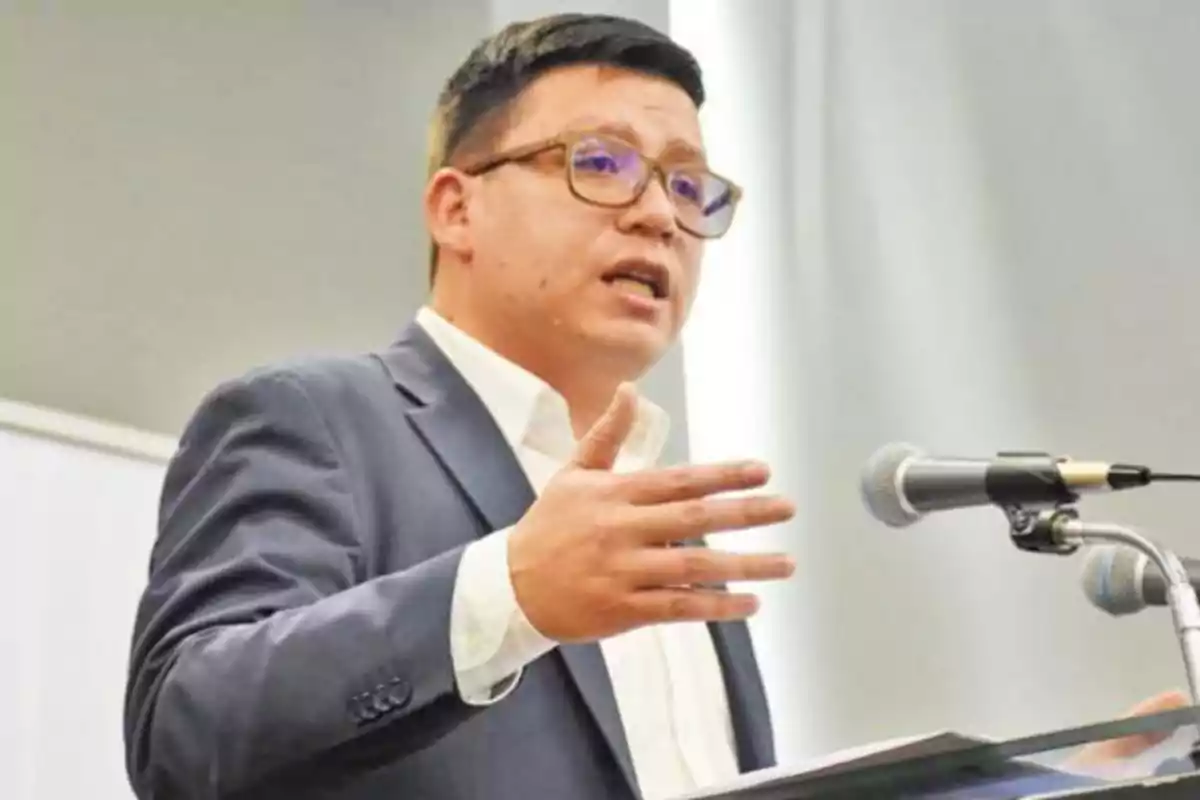
The ruling party has tried to use this clarification as validation of its policies. They argue that social and agricultural programs remain active and operational. They also claim that the country is not suffering from shortages or productive collapse.
However, data on inflation and international reserves show a different reality. The gap between the official narrative and international figures is becoming increasingly evident.
Meanwhile, various rural regions report a lack of state support. Small producers state that they do not receive enough supplies or technical assistance. The diesel shortage further complicates agricultural tasks.
Many communities depend on the corn harvest for their subsistence. The impact is reflected in markets with higher prices and lower supply.
The government's reaction demonstrates a defensive strategy toward international organizations. Instead of admitting mistakes or adjusting policies, the decision was made to disqualify the report.
An impoverishing model
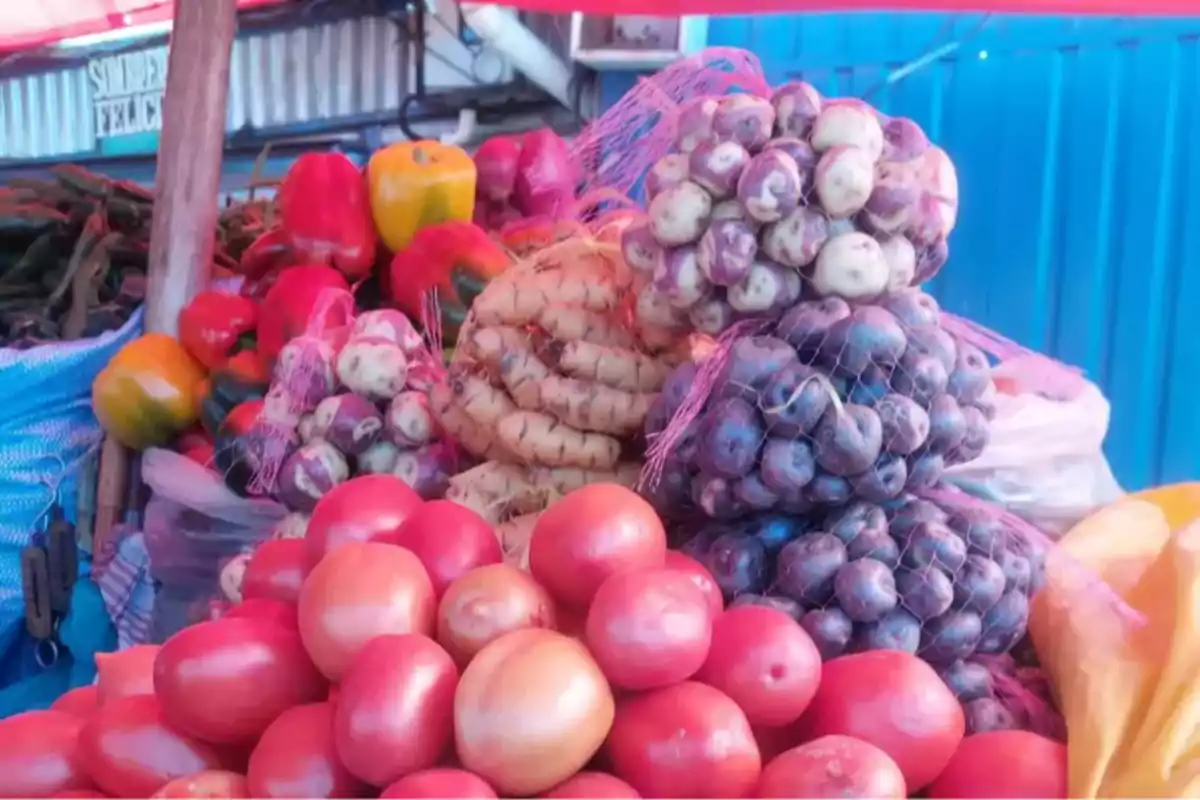
This stance has caused criticism from analysts and opposition sectors. They accuse MAS of disregarding the real problems faced by the population. They also accuse it of prioritizing its image over national food security.
The debate also reignited questions about the sustainability of the current economic model. Dependence on public spending and monetary issuance has caused inflation.
The shortage of dollars limits the necessary imports for the productive sector. The decline in export revenues further complicates the outlook. Without a change of course, economic deterioration could intensify.
On social media, citizens expressed concern and distrust. Many users shared images of empty shelves and high prices. Others questioned the government's triumphalism in the face of international evidence.
Some economists warned that the country needs urgent measures. Among them, a serious plan for productive reactivation.
The ruling party continues to bet on a narrative of stability. According to its spokespersons, Bolivia is far from facing a food crisis. However, the economic and social reality doesn't support that narrative.
Denying problems doesn't solve them
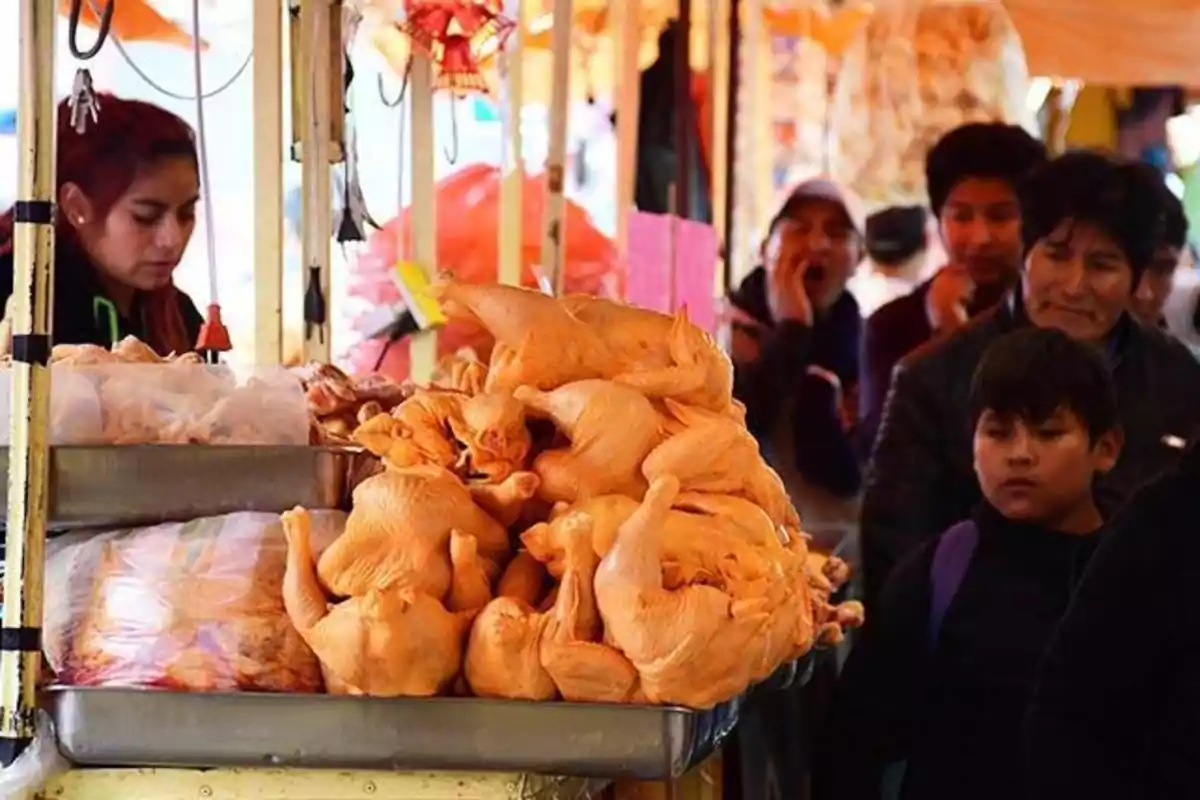
UN warnings, although nuanced, should not be ignored. They warn of a risk scenario that requires an immediate response.
Bolivia is not alone in this diagnosis. Colombia and Haiti were also identified as countries with critical situations. However, while Colombia faces internal violence, Bolivia struggles with economic factors.
Haiti, meanwhile, remains the most severe case in the region. The comparison leaves the country in a bad position compared to others with greater instability.
In this context, experts recommend strengthening data transparency. They also call for public policies that respond to the country's real needs.
The systematic denial of problems doesn't solve the crisis. On the contrary, it makes it worse. If the government doesn't recognize the magnitude of the deterioration, it will be difficult to overcome it.
Denying hunger doesn't eradicate it. International reports are not political propaganda. They are warnings based on technical data and regional analysis.
The country needs to face reality responsibly. Ignoring it could be very costly for the population.
More posts: